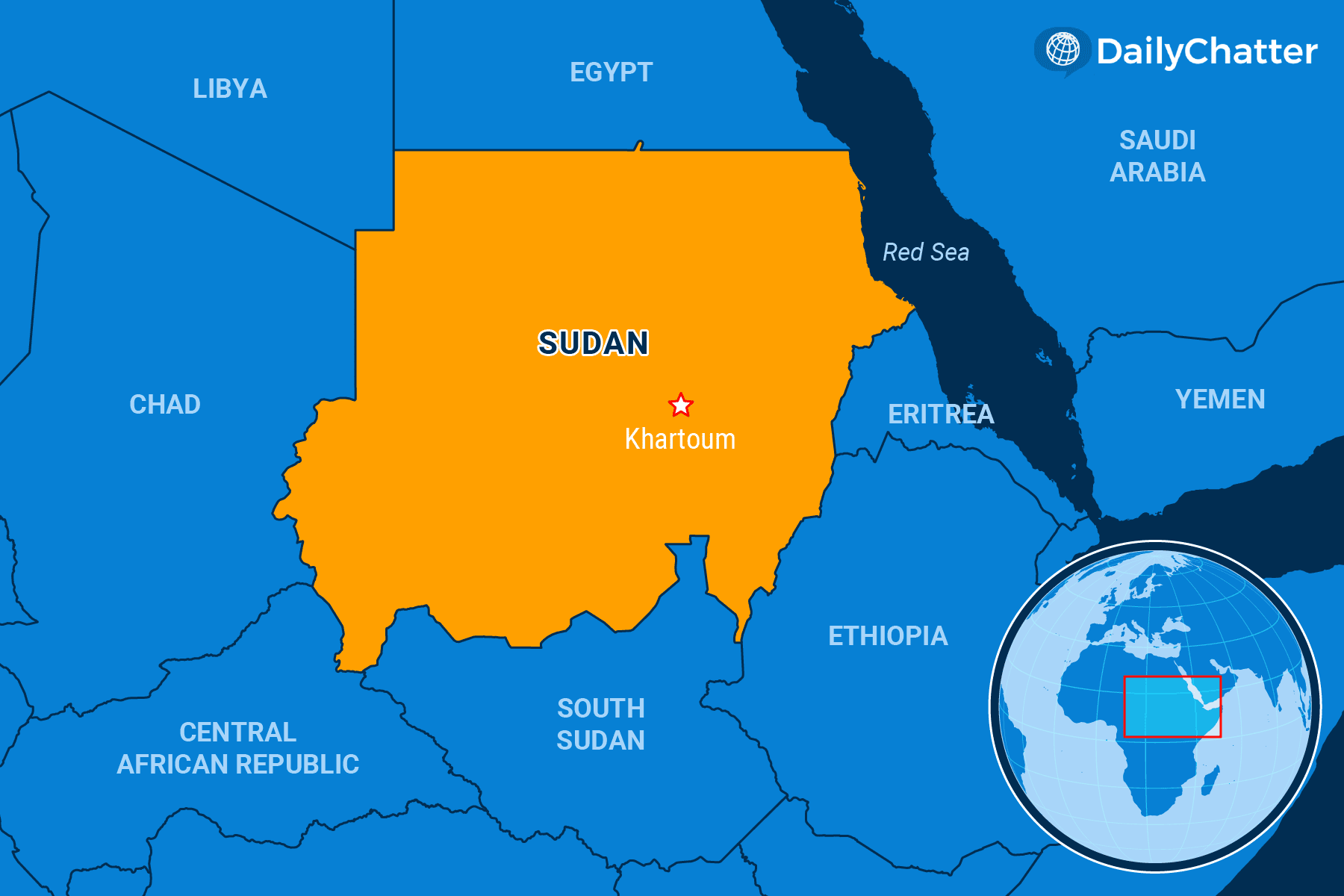NEED TO KNOW
Leadership in Retrograde
SUDAN

After widespread protests and violence, President Omar al-Bashir stepped down as president of Sudan in 2019. In his wake, a power-sharing government of military and civilian officials ruled the country. The arrangement was difficult, but it pointed to a better future for an African country that faced political instability, a refugee crisis, economic trouble and environmental challenges that include food insecurity, as the World Bank explained.
Recently, however, the military staged a coup, dissolved the Sovereign Council that included civilian leaders, detaining Prime Minister Abdalla Hamdok and ending his transitional government, CNN reported. The coup occurred shortly before the military was scheduled to cede powers to civilian authorities.
Protests erupted in response. “Demonstrating the resolve of many Sudanese to resist rather than return to military-led, authoritarian rule,” at least 10 died and more than 100 were injured in clashes with police, the New York Times wrote. Sudanese security forces have also arrested pro-democracy activists and other critics, according to the Associated Press. Some soldiers even asked for doctors at a hospital to hand over wounded protesters, the Guardian added.
American, European and other world leaders condemned the military’s actions. The World Bank halted operations in Sudan and the African Union suspended the country’s membership, Africanews wrote.
As the BBC explained, coup leader General Abdel-Fattah Burhan might be acting out of desperation to save his own skin.
Civilians in the Sudanese government support the idea of handing over ex-President al-Bashir to the International Criminal Court to face charges that include crimes against humanity and genocide related to the war in Darfur between 2003 and 2008. Al-Bashir might be willing to identify Burhan and other coup plotters as also having committed atrocities.
Geopolitics are also at play, noted the Washington Post. Egypt, Saudi Arabia and the United Arab Emirates support Burhan because he represents the kind of security and stability they like. The leaders of those military and monarchical autocracies aren’t big fans of democracy and aren’t hesitant to meddle in countries they consider in their sphere of influence (read: Libya).
Egyptian leaders especially feel that a military-run government in the Sudanese capital in Khartoum would be friendlier regarding a dispute between the two countries and Ethiopia over a major dam on the Blue Nile River, Voice of America reported.
Meanwhile, General Burhan has pledged to continue the process of preparing for democratic elections in 2023 even as he says he has suspended several articles in the 2019 constitutional document that governs the transitional period, Al Jazeera wrote.
Almost no one in Sudan believes he plans to honor the transition plan.
To read the full edition and support independent journalism, join our community of informed readers and subscribe today!
